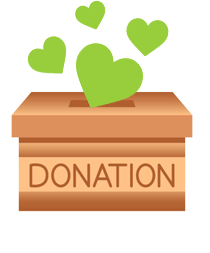Imagine
Suddenly you are transported to a foreign country where you can’t speak or understand the spoken or written language. Your intellect is intact, and you have a clear knowledge of what you want to say. You have your thoughts but can’t access the words to say or even write them. Words you hear or read appear unclear or without reference. “Why can’t I communicate?”
What you have just imagined is what life can feel like for individuals with aphasia. Remember – a person with aphasia retains intelligence, but experiences difficulty in speaking, reading, writing, and understanding spoken language.

